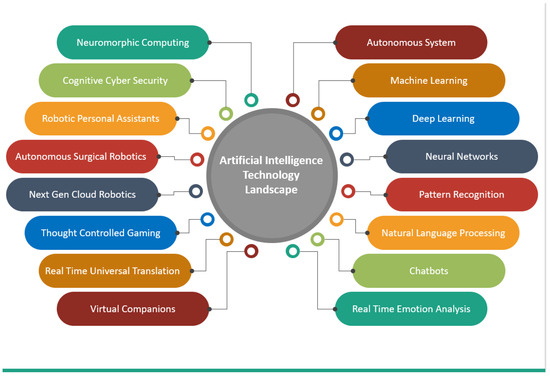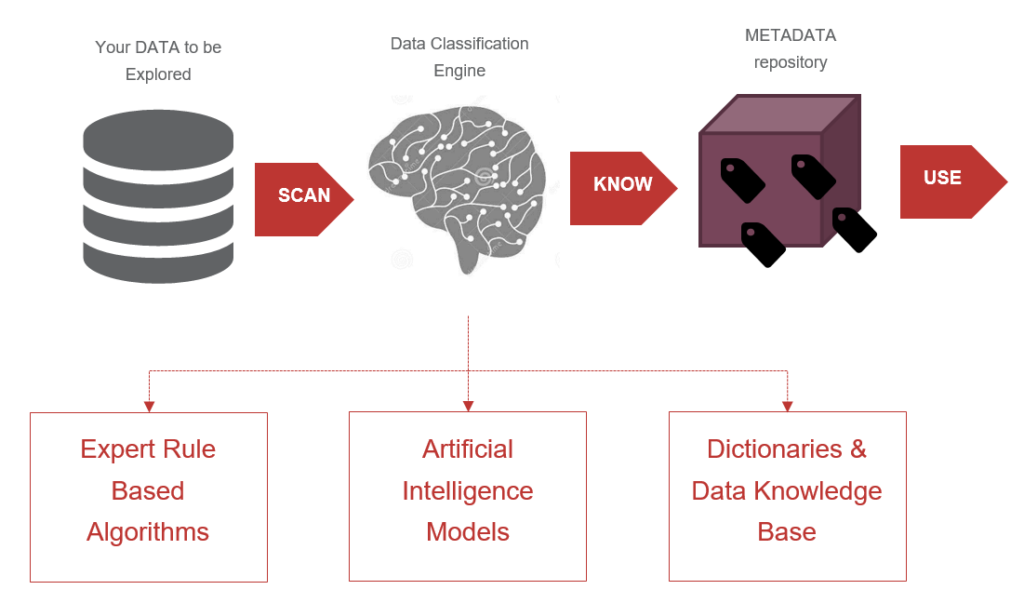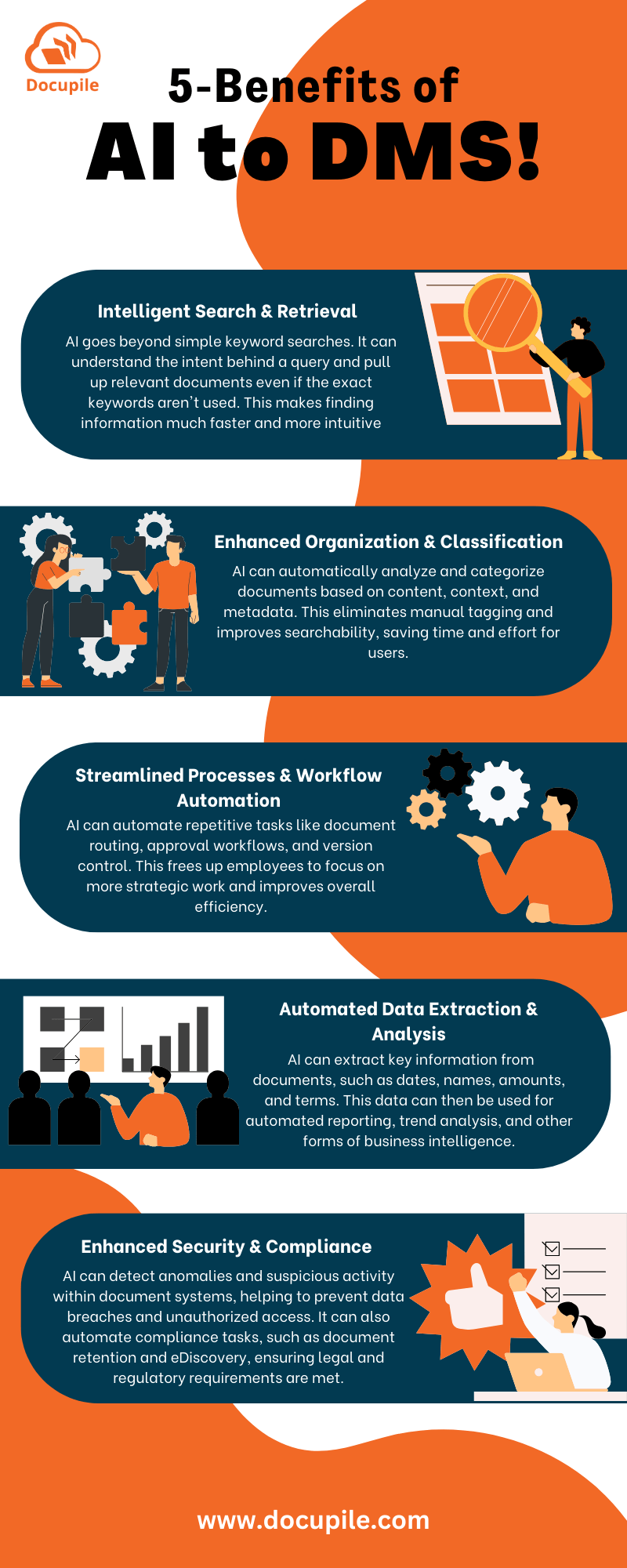Roche Enhances Data Security with AI Classification in Google Drive
Roche, one of the world’s largest biotech companies, is standardizing security controls and enhancing data protection across its business by automating the document-labeling process. Through the use of AI classification in Google Drive within Google Workspace, Roche is revolutionizing its approach to data security.
The Value of AI Classification
AI classification provides immediate value for organizations dealing with large volumes of data. According to Tim Ehrhart, Chief Information Security Officer (CISO) at Roche, the ability to handle the labeling process at scale is essential. The AI classification feature uses machine learning to automatically label files based on company-specific data classification policies, resulting in more efficient data management and protection.

Despite the importance of data security in today’s digital landscape, manual labeling processes are often cumbersome and prone to errors. Employees may forget to label files or underestimate the significance of proper classification, making it challenging to enforce security rules effectively.
Automating Data Classification with AI
AI classification in Google Drive takes data security to a new level by developing custom AI models tailored to an organization’s unique requirements. These models are trained on specific data classification policies and files, ensuring accurate and consistent labeling of content. The automated labeling process saves time and streamlines data governance, enabling employees to interact more effectively with sensitive information.
With AI classification, Roche has achieved significant milestones in enhancing data security:
- Applying millions of labels: The automation of the labeling process has allowed Roche to label millions of documents efficiently, laying a solid foundation for data governance.
- Standardizing the labeling process: AI classification ensures consistent and reliable labeling practices across the organization.
- Empowering security teams: Systematic labeling provides clear visibility into sensitive files, enabling security teams to implement more effective controls.
- Reducing workloads: Automation has reduced the burden of manual labeling, freeing up valuable time for Roche employees.
- Minimizing security risks: By classifying files consistently, Roche has reduced the likelihood of data being incorrectly shared, enhancing overall data security.

Driving Data Security Forward
AI classification in Google Drive not only simplifies compliance with data security regulations but also empowers employees to handle data more effectively. By implementing streamlined labeling practices, Roche is paving the way for a more robust data security posture and improved compliance in the future.
Tim Ehrhart emphasizes the importance of standardized data classification policies and automated processes for achieving greater data security and compliance. The use of AI classification at scale sets the stage for significant advancements in data security practices.
Roche's success story with AI classification underscores the importance of leveraging technology to address data security challenges effectively. By embracing automation and machine learning, organizations can enhance their data protection capabilities and streamline data management processes.

Learn more about Gemini for Google Workspace and how you can get started today with a no-cost trial.




















